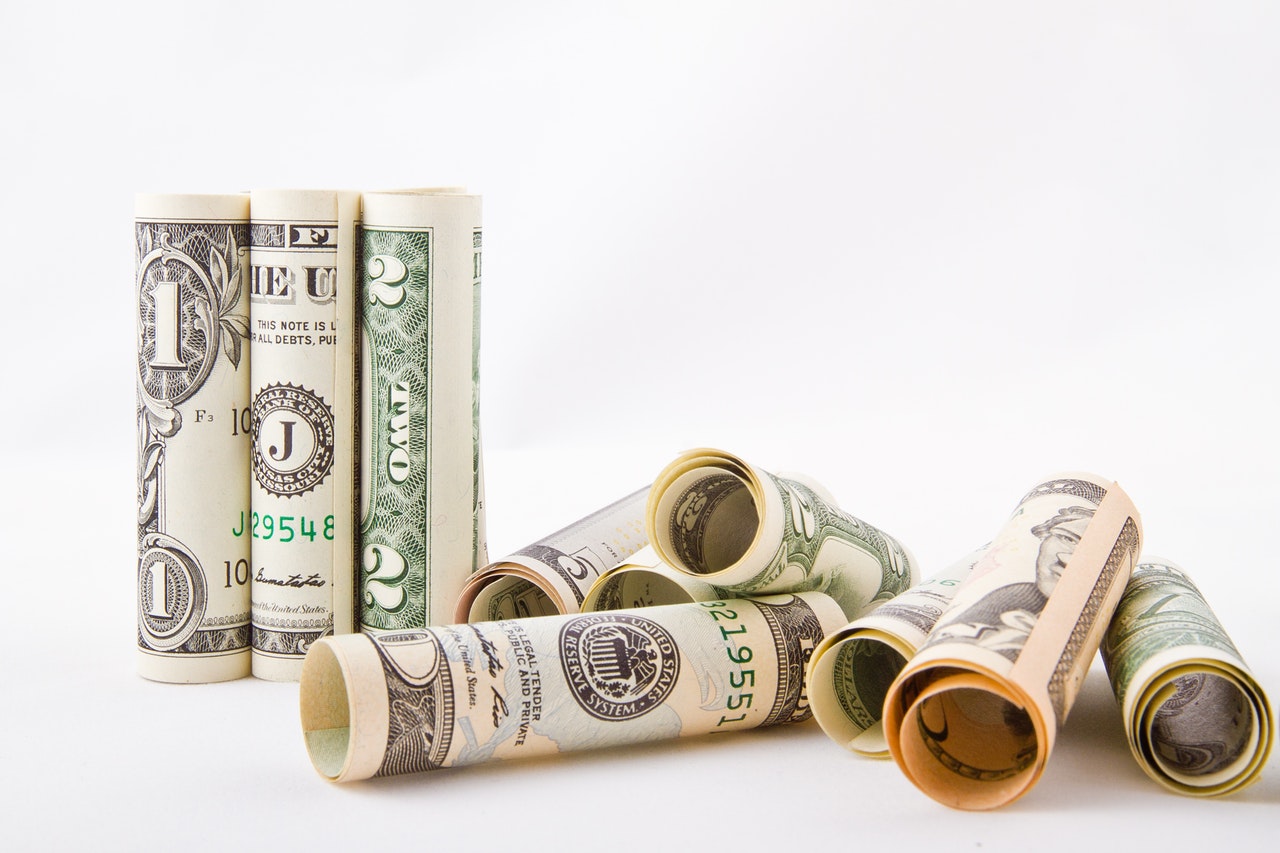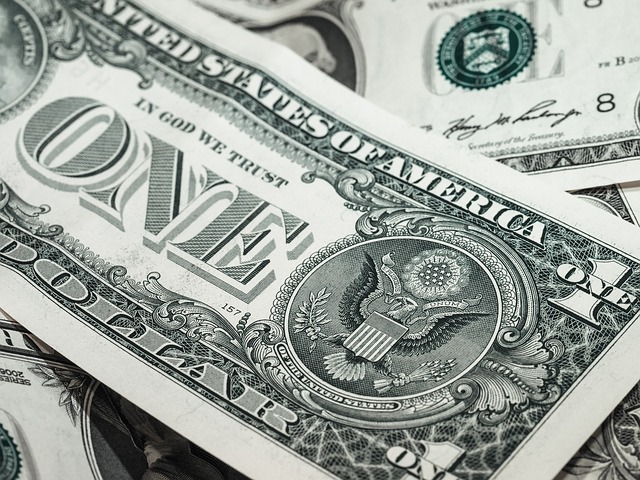Certificates of Deposit (CD) are considered to be one of the safest of all modern investment options. They are available from both banks and credit unions, which also makes them one of the most accessible investment options. If you are new to the world of investing, or are looking for a safe way to ease yourself into it for the first time, then CDs are one of the best places to start.
However, as with most financial instruments, the average person, understandably, doesn’t know what a CD is or how they can be used as an investment tool. In this quick guide we aim to answer the most basic questions about Certificates of Deposit, so that you can take full advantage of what they have to offer.
How Does a CD Work?
CDs are a form of something known as a time deposit. This means that, while the interest on the cash you deposit is higher than usual, you agree to keep your cash untouched for a specified time period. This time period can range from six months to as long as several years, but in return for agreeing to this minimum deposit time you are rewarded by being paid a higher interest rate than you would receive on a normal savings account.
So by putting your money in a CD rather than a normal savings account you are guaranteed a higher return. Sound too good to be true? Well, from the bank’s perspective they will have access to your money for longer and can therefore put it towards longer term investments.
Understanding Term Options
As a general rule, the longer the minimum term on your deposit, the higher the interest rate you will receive. Usually these terms are offered in multiples of 6 months, but some banks will allow for customization, particularly with larger deposits and longer terms.
While longer terms will generate a greater return, you need to remember that you will not have access to your deposit until the end of that term. If you are in any doubt as to whether you can manage without the money, then you should hold off investing it. You will usually have the option of withdrawing funds early, but this will incur a substantial penalty.
Maturity Dates
At the end of your term, your CD will mature and once this happens you will need to make a decision about what to do next. As the end of your term approaches, your bank will notify you and lay put the available options. If you do nothing, your CD will usually be reinvested in another CD with the same terms. If you want to cash out your CD or invest it again with new terms, anything other than reinvesting it with the same terms, you will need to inform your bank before it matures.
Investing in a CD
To find out more about investing in a CD you should speak with your bank or credit union. This CD rate calculator will give you an idea of the kind of return you can expect.
Certificates of Deposit are an excellent way of breaking into the world of investing. If you are someone who has always wanted to invest but never known how, this is an ideal starting point.


